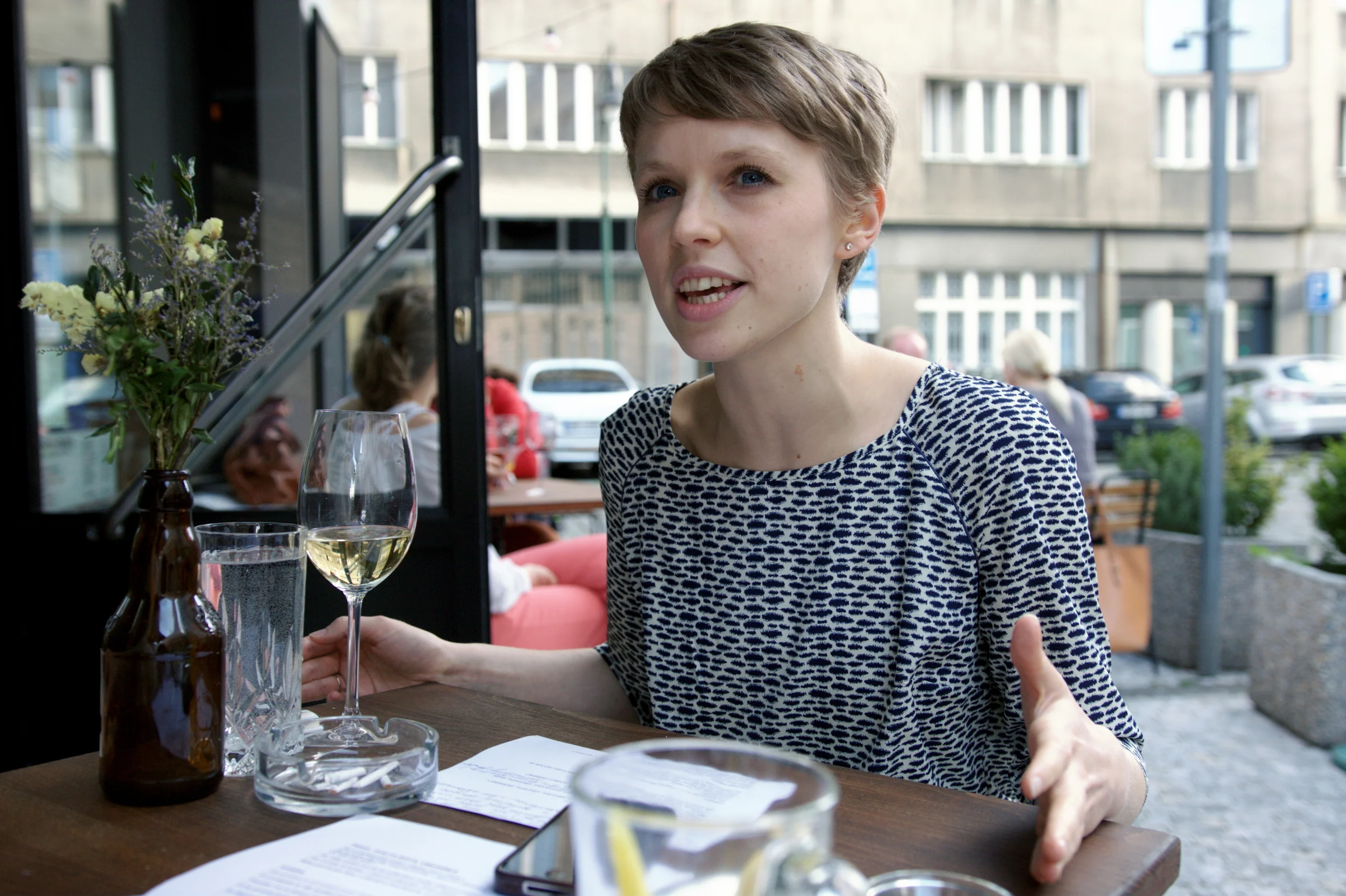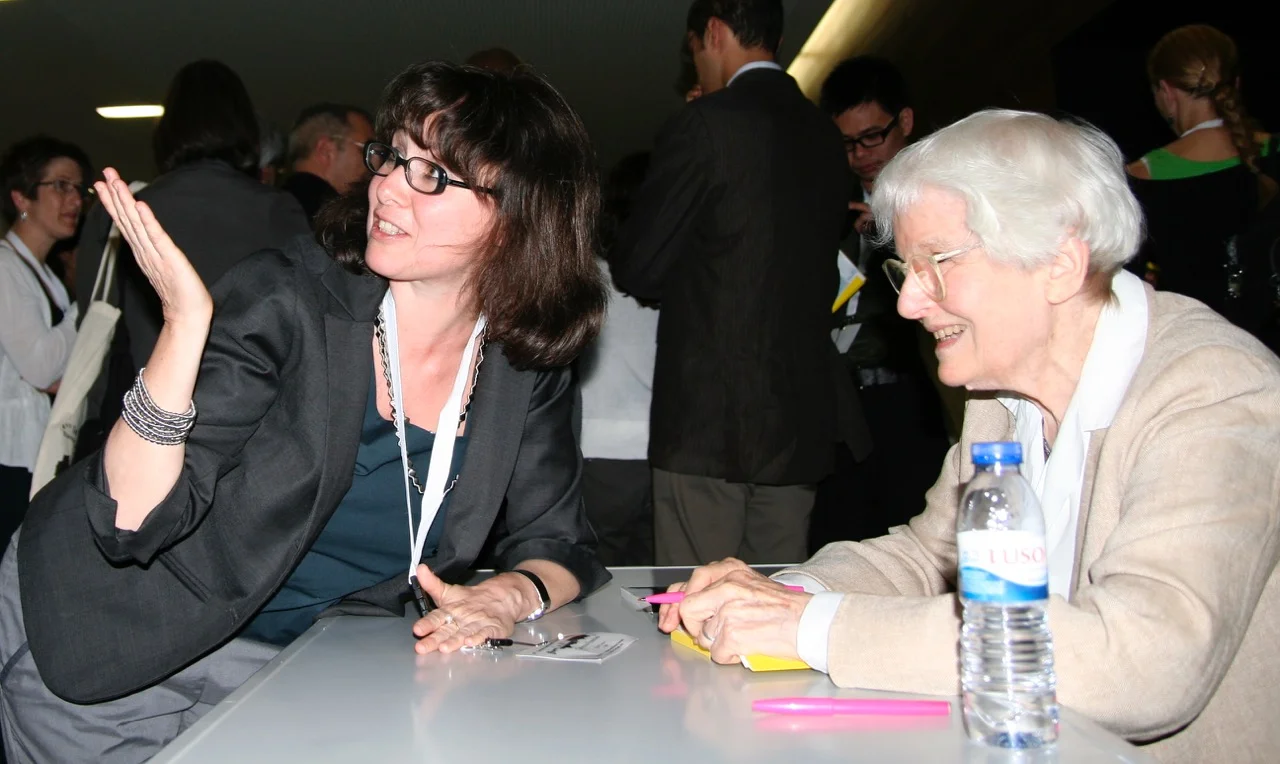‘‘This fear was transmitted to us through our parents who told us stories of our neighbors spying on us and reporting each other for small things like tearing the newspaper with the portrait of Stalin or using it as a toilet paper in the bathroom. I also think it is a generational issue. Young Kazakhs grew without it and these are the people who drive change. Older people will be more afraid to raise these topics, so I think it must go to younger people who are without fear, more globalized and better educated.’’’
Women Issues Do Not Solve Inequality. Gender Does. Brigitte Wotha.
We Can’t Change History With Local Stories. Caterina Franchini
‘‘Before we enter mainstream sources, histories, even Wikipedia, we as women have to be aware of our heritage and achievements on an international scale. We can’t focus only on the local cases. The research, the information pack, has to be sound and has to cover at least one century in addition to being backed by a critical mass of scholars and practitioners, both men and women.’’
Our Society Is Not At Its Best: We Must Engage. Lara Köck
‘‘A considerable problem in Styria is rural depopulation – especially, a lot of young women moving from the countryside into the city. The reasons for this are often complex; they range from jobs, education and cultural offers to childcare. Leaders in shrinking communities are often puzzled by this depopulation as they have no awareness of the realities of life for young women – how should they be able to represent these women politically? Therefore, it is even more important that women must get active themselves and start to co-create their home towns. We women must bring attention to what many male politicians do not see.’’
More Women in Politics. Ksenija Radovanović
Woman’s Rights to the City. Amman in Context. Myriam Ababsa
Male guardianship (qawama) of female family members is not only a tradition but is inscribed in the law. According to the Jordanian Personal Status Law (no. 36, 2010) a male blood relative (wa ̄li) has the right to have guardianship of women. If woman is unmarried, under age of 30 or previously married, she must have male guardian. Upon marriage a woman is transferred from her father’s custody to her husband's. In Jordan woman's rights to housing are connected to her status as a wife or a daughter. If the father dies the brothers have the right to sell the house in which the mother and sister(s) are living. Consequently, the fate of a woman depends on the quality of the relationships she haa with male members of their family. In the case of divorce, a woman only has the right to housing if she is nursing or has been granted custody of the children.









